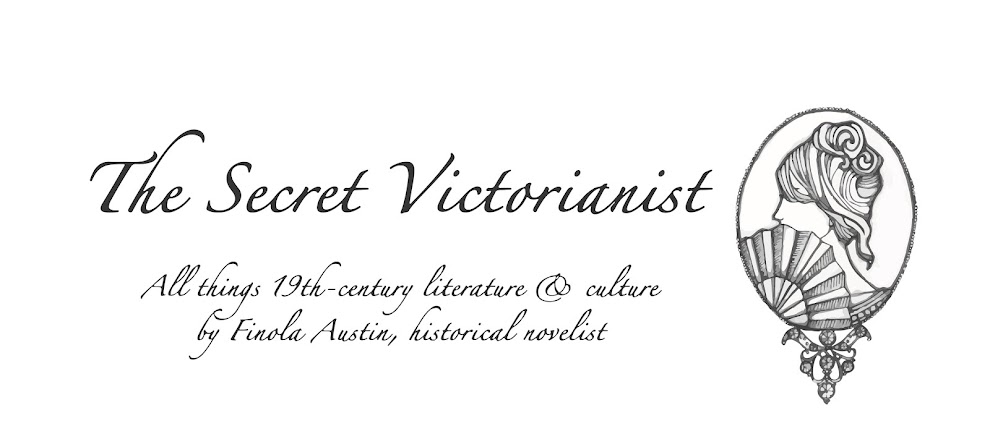What makes the main character of a novel likable? Two key strategies are to establish early something/someone your protagonist loves and something that they want. In Paulette Jiles’s 2020 novel, Simon the Fiddler (the latest book I’m reviewing as part of my Neo-Victorian Voices series), she gives us both.
We meet Simon in Texas in 1865. He’s a talented musician, seeking to avoid conscription into the Confederate Army. Soon though his luck runs out and he finds himself embroiled in the final days of the American Civil War. The majority of the novel is set following the South’s surrender as Simon navigates the complex, and often dangerous, world of the Reconstruction period.
What does Simon love? Music. His fiddle is the talisman for his skill but also for his emotional connection with the art form, and Jiles puts the instrument in peril from early in the book to cement our connection with her main character.
What does Simon want? Stability. He yearns to be a landowner with a wife and children, and to create the family he, as an illegitimate orphan, never had. In short, this is an American Dream story. The modesty of Simon’s wants makes him instantly relatable, and how he hard he has to work to achieve them gives us the meat of this by turns dramatic and violent, and melancholy and sensitive novel.
Simon and the band of fellow musicians he falls in with have to grapple with the natural landscape of Texas, their lack of money and the logistical challenges of making more. They wear shirts riddled with bullet holes, wrestle with an alligator, and engage in regular drink-fueled brawls. We’re told: they always go for the fiddler.
Despite these regular moments of high drama, I’d say the book is a slow burn, with the most plot-driven chapters clustered towards the end, as Simon seeks to rescue Irish immigrant governess Doris from her unscrupulous employer (an officer in the Union Army).
I’d recommend the book to all readers of historical fiction. There’s enough Civil War commentary here to engage readers of military historicals, but this is a novel that moves seamlessly between the battlefield, the drawing room, the tavern, and the great outdoors. I found myself rooting for Simon from the first few pages to the very end—a testament to Jiles’s prowess as a writer.
What nineteenth-century set, twenty-first century written novel would you like me to review next as part of my Neo-Victorian Voices series? Let me know—on Facebook, on Instagram, or by tweeting @SVictorianist. Have you read my nineteenth-century set novel, Bronte’s Mistress, yet? It’s available wherever books are sold, in hardcover, paperback, e-book, and audiobook. For regular updates from this blog and on my writing, subscribe to my email newsletter below.
Get updates on my writing



